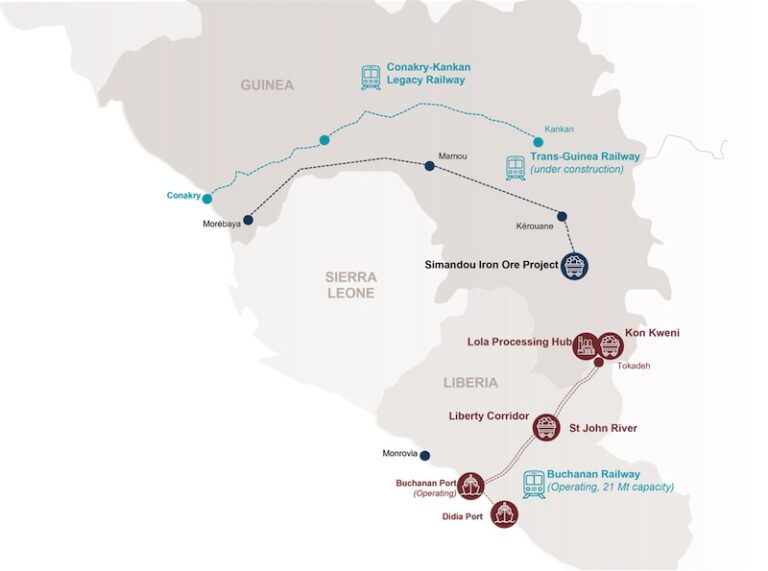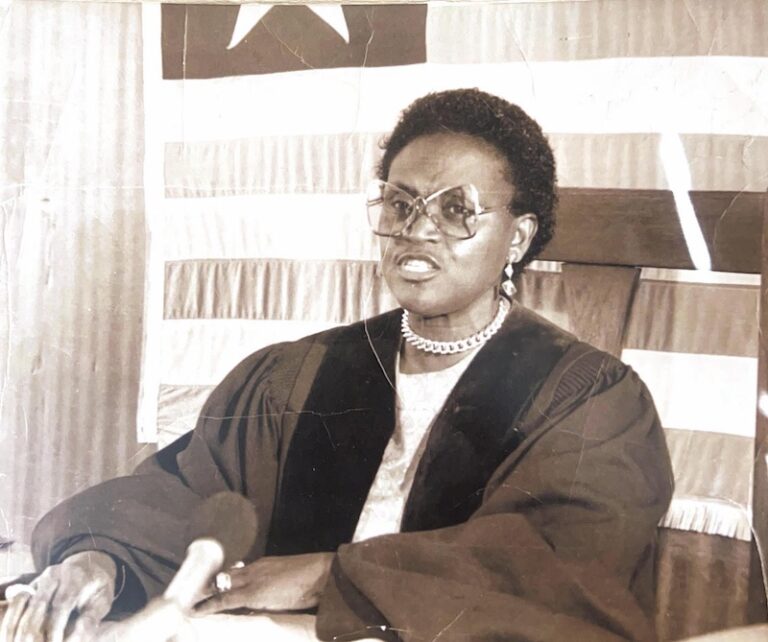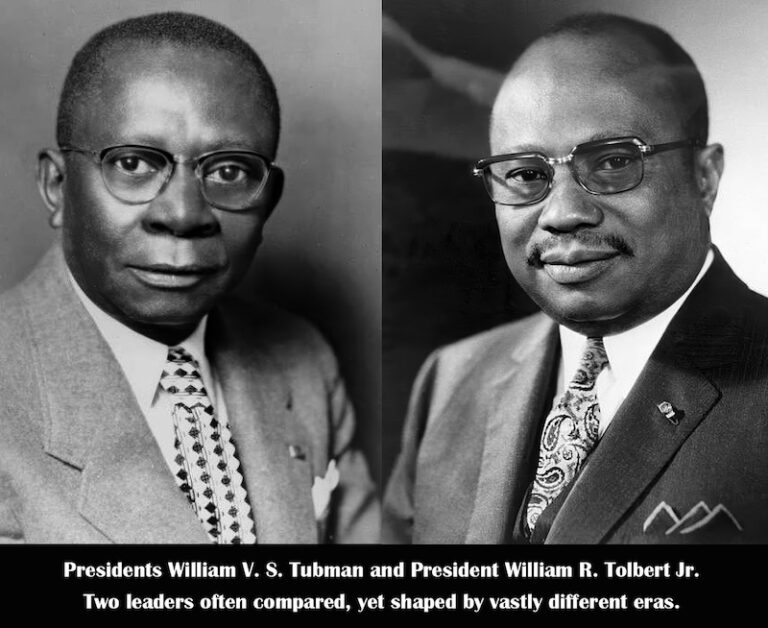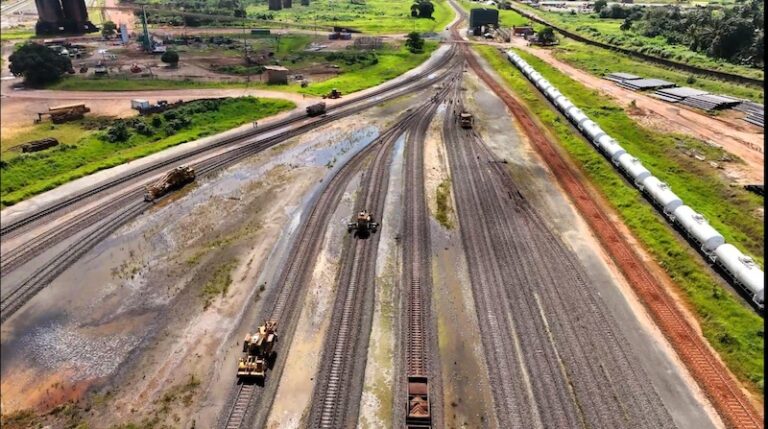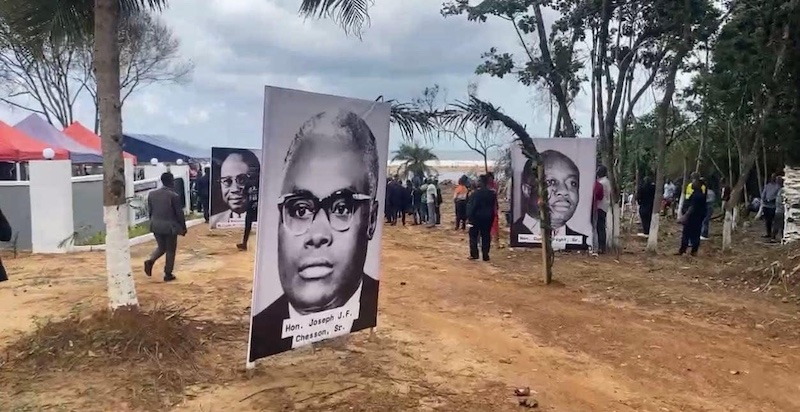
By: Rufus S. Berry II, MBA
Forty-five years ago, Liberia was thrust into a dark chapter of its history — one defined by political upheaval, brutal executions, and a bloody civil war that tore through the soul of our nation. On April 12, 1980, President William R. Tolbert Jr. was overthrown and assassinated in a violent military coup led by Master Sergeant Samuel K. Doe. Just over a decade later, on September 9, 1990, President Doe himself was captured and murdered by Prince Johnson during one of the most horrific periods of Liberia’s civil conflict.
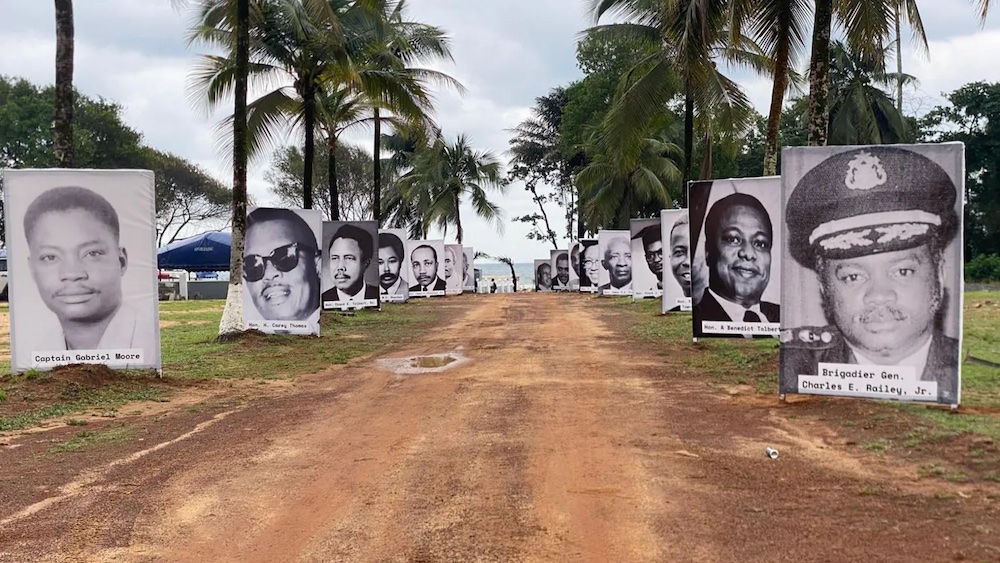
These tragedies left deep emotional scars and created a lingering national trauma. For decades, the remains of these former leaders — men who, despite their flaws, were stewards of our nation — remained dishonored, their families denied closure, and the nation left without a reconciliatory gesture to reckon with its past.
But on July 1, 2025, history took a transformative turn. President Joseph N. Boakai Sr., in a deeply symbolic act of national healing, presided over the state funeral and reburial of President William R. Tolbert Jr. and the 13 cabinet ministers who were publicly executed on the beach of the Barclay Training Center in 1980. Their symbolic reburial — 45 years later — was more than a ceremony. It was a spiritual and moral reckoning. A closing chapter long overdue.
Only days earlier, on Friday, June 27, 2025, another powerful act of remembrance took place: the reburial of President Samuel K. Doe and former First Lady Nancy Doe in their hometown of Zwedru, Grand Gedeh County. Approximately 35 years after his violent death, the former president was finally given a dignified state funeral and laid to rest beside his wife in Tuazon.
These two acts — deliberate, thoughtful, and full of national meaning — mark a profound turning point. President Boakai’s decision to hold two separate state funerals for these former leaders was not merely ceremonial. It was a moral decision by a wise leader who understands that the path to peace is paved through truth, compassion, and an honest reckoning with our past.
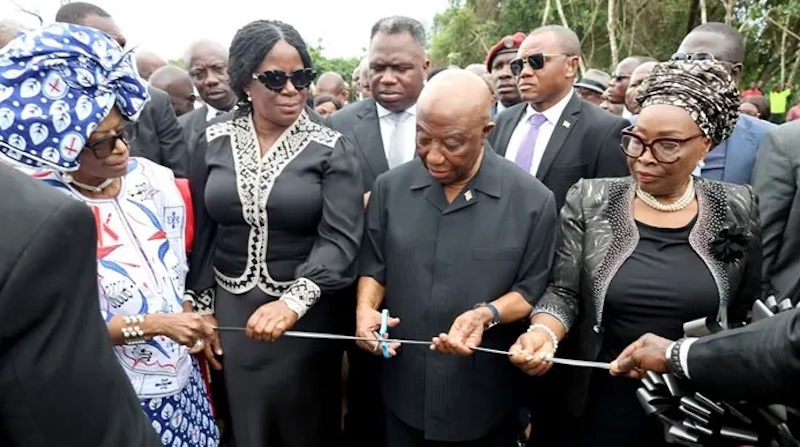
“It is an act of national conscience. It is a moment to acknowledge historical wrongs and to reaffirm collective commitment to the truth, justice and reconciliation,” said President Boakai during the reburial of President Tolbert.
At President Doe’s state funeral, he remarked: “This is not just a burial; it is a moment of national reflection, a time to reconcile with our history, to heal from our wounds, and to remember with respect and purpose.”
In these solemn declarations, President Boakai has offered Liberia more than closure — he has offered us a way forward.
As a people, we have waited 45 years for such a moment — longer than the 40 years the Israelites wandered in the wilderness. And while we cannot undo the bloodshed or erase the injustices, we can choose how we remember and how we rebuild. With these state funerals, Liberia has finally begun to confront the truth of its past, and in doing so, plant the seeds of lasting peace.
Now, the responsibility shifts to us — the citizens. The process of healing must extend beyond symbolic ceremonies. We must look around and recognize the physical reminders of our collective trauma: the Unity Conference Center, the Ducor Palace Hotel, and the Edward J. Roye Building. These once-proud landmarks, now abandoned or in ruin, stand as grim reminders of Liberia’s descent into conflict and instability.
Just as former President Ellen Johnson Sirleaf had the vision and courage to demolish the decaying, unfinished Ministry of Defense — replacing it with the beautiful and functional Ministerial Complex — we must follow suit. Let us either restore or reimagine these haunted structures in ways that reflect our new national identity: one rooted in peace, dignity, and forward movement.
These buildings should no longer serve as monuments to our pain, but as platforms for rebirth and renewal. In their place, we can build institutions of learning, centers for peace and reconciliation, or cultural landmarks that celebrate our resilience.
President Boakai has done his part. He has honored our dead, acknowledged our collective sorrow, and extended the olive branch of unity. Now, it is our turn — as a nation and as a people — to embrace that vision of healing.
Let this be the beginning of a new Liberia. A Liberia where we remember not to remain in grief, but to rise above it. A Liberia where reconciliation is not a political slogan, but a lived reality. A Liberia that honors its past while boldly stepping into its future.









